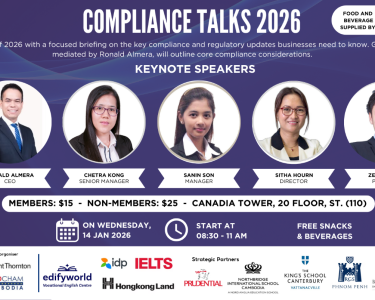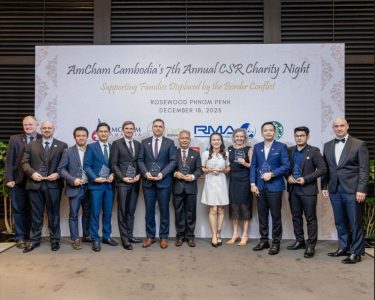Cambodia Investment Review
Cambodia’s leading business chambers joined Senate officials and government representatives on a high-profile visit to the Thai-Cambodia border to better understand the ongoing humanitarian and economic fallout from the July clashes. The two-day tour brought together members of the Senate, provincial governors, military commanders, and international chamber executives to witness conditions firsthand and discuss strategies for mitigating the crisis’ long-term effects.
Chambers Push for Firsthand Insights and Real-Time Data
Tola Chea, organizer of the visit, said the goal was to provide the business community with an unfiltered view of the situation. “We wanted to provide the business community firsthand, unbiased and unscripted truths, which can only come from being present where the situation exists, on the frontlines,” he explained. Chea stressed that real-time information is vital for businesses making critical decisions in an environment where trade, investment, and stability are under pressure.
Tola also noted the importance of longer-term solutions. “There are still a lot of untold human stories, and their scale ripples into economies, trade, and investment. Donations of food and necessities provide short-term relief, but the business community must also look at what can be done for impacted families over the long term.”
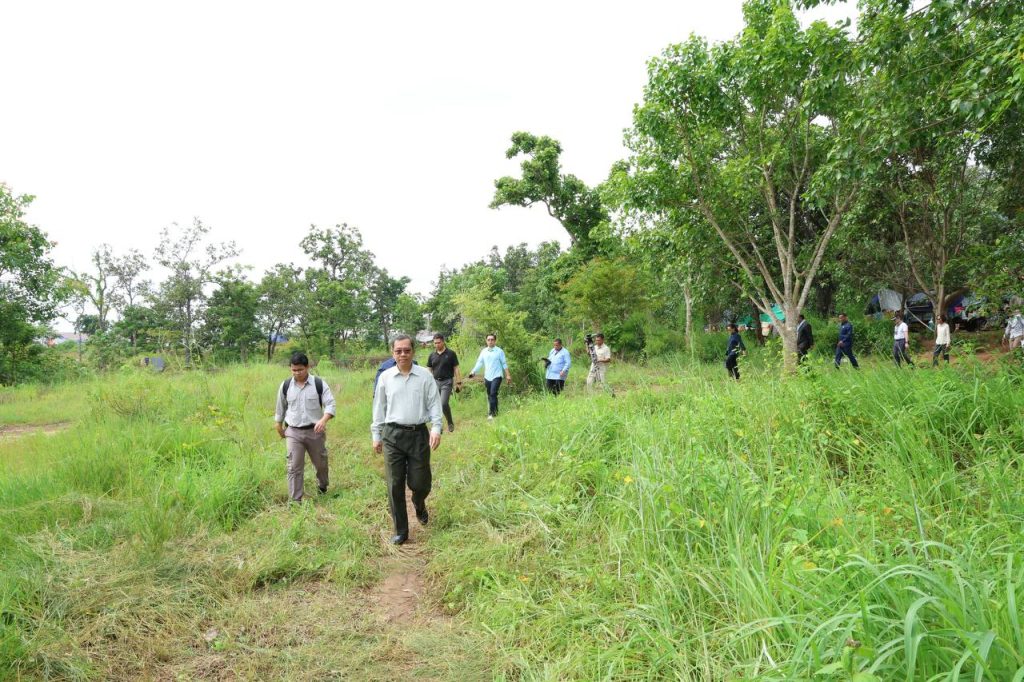
Immediate Security and Humanitarian Concerns
Anthony Galliano, Vice President of the American Chamber of Commerce in Cambodia (AmCham), said the Senate-led mission offered an important opportunity to understand the challenges firsthand.
“AmCham had the honor of being invited by the Senate to visit conflict border sites and refugee camps. The mission objective was to gain perspective and understanding of the current conditions for displaced villagers and the history of their struggles, the efforts by the military to prevent border intrusions, Cambodian sovereign territory encroached, and governmental support and initiatives,” Galliano said.
He noted that while a ceasefire remains in place, tensions persist. “The current border disputes and intrusions continue and the Cambodian military is persistent, devoted, and relentless in protecting sovereign territory. The anguish and hardship of displaced villagers, primarily farmers, is challenging in the camps constructed by the government. Many are traumatized from the destruction of their homes and livelihoods and are afraid to return home. I commend the Royal Government for their handling of the situation, which appears to be one of peace and tolerance, and generosity and support for its displaced people.”
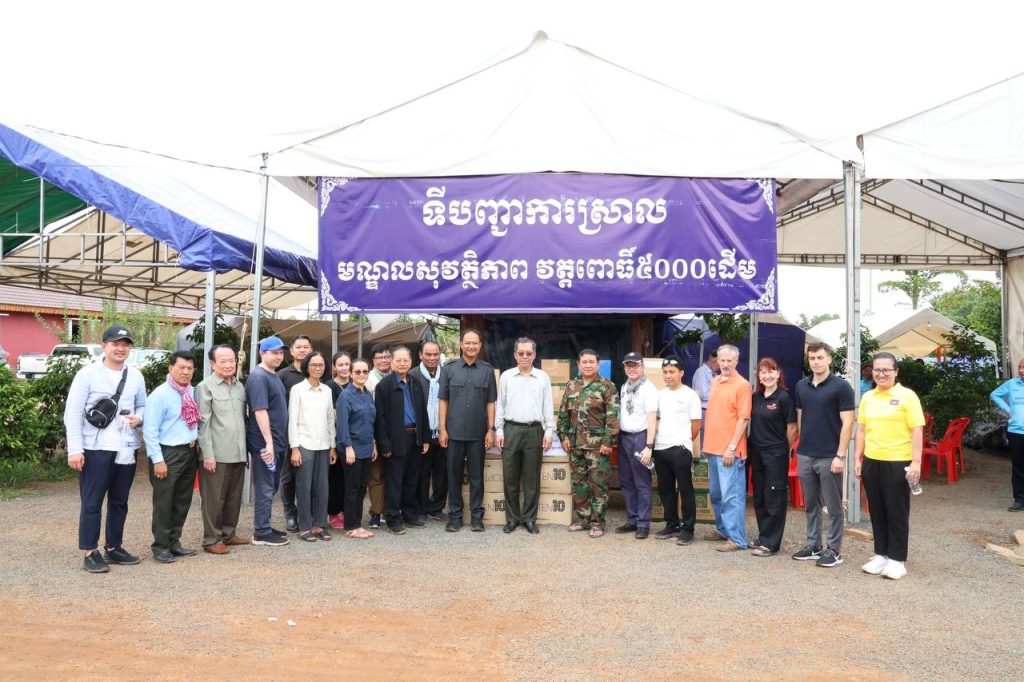
International Chambers Voice Economic Priorities
Other chamber leaders also underlined the broader economic impact.
Shiandy Puyao, Executive Director of the Philippines Chamber, said the tour was profoundly moving and provided perspective on the resilience of Cambodian families displaced by conflict. “The spirit and hope of the people, even in such difficult times, is a powerful testament to the human spirit,” she said.
Martin Brisson, Executive Director of EuroCham Cambodia, raised concerns directly tied to the private sector. He highlighted a decline in tourism, supply chain disruptions, and boycotting campaigns targeting European firms. “These issues directly affect our members, and we stand ready to work with Cambodian partners to find constructive solutions,” he said.
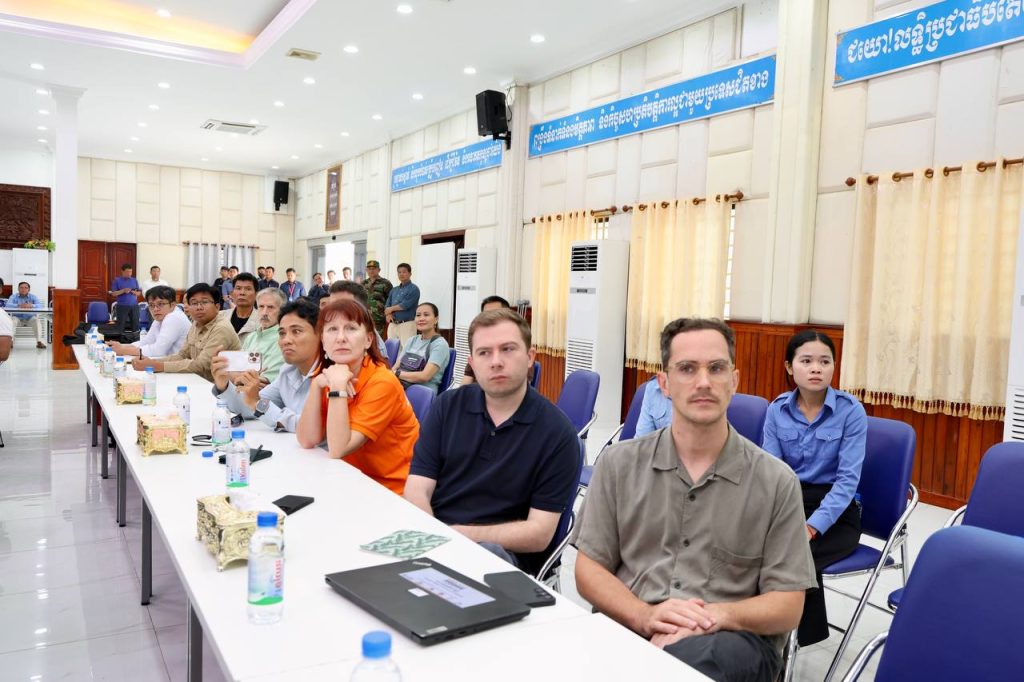
Call for Open Dialogue and Long-Term Planning
Harrison White, Founder of CIR Media, emphasized the importance of maintaining transparent engagement between the private sector and government.
“It is very important for the international business community to get a firsthand look at the border situation,” White said. “Equally important is maintaining open and transparent dialogue with senior government to assist with both short- and long-term planning. The challenges posed by the mass return of workers, disruptions to supply chains and logistics, and the decline in international tourism are serious. Addressing them requires coordinated action to stabilize the economy and restore investor confidence.”
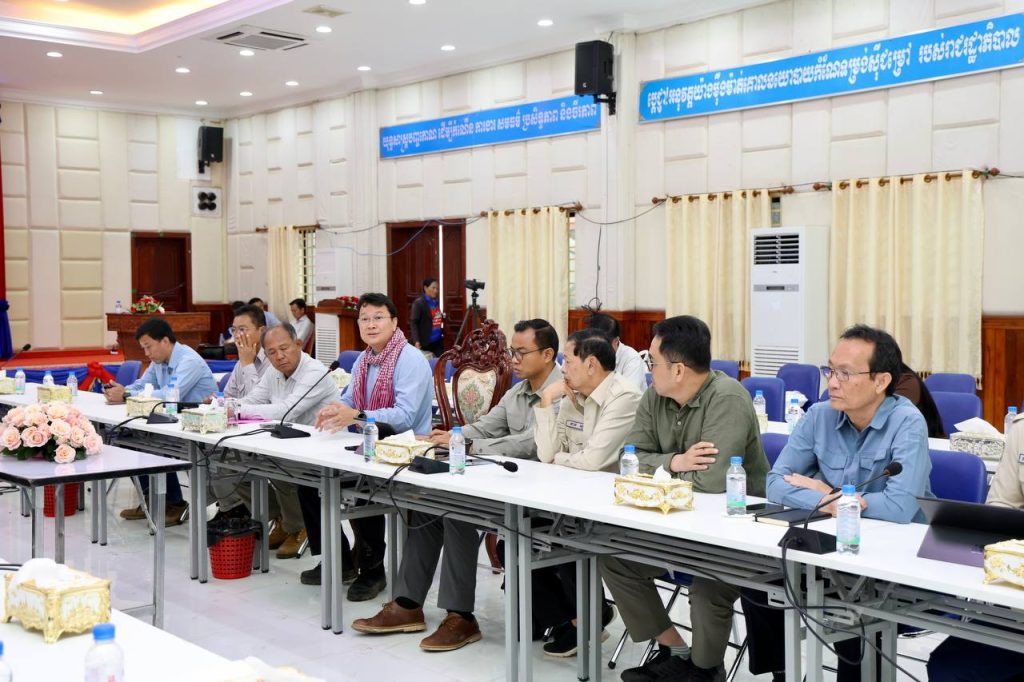
Balancing Relief With Economic Stability
The clashes have already triggered one of Cambodia’s largest economic shocks in years, with more than 750,000 migrant workers returning from Thailand and over $1.5 billion in annual remittances lost. Business chambers and government leaders on the border tour stressed that while humanitarian support remains critical, there remains an economic priority to build pathways for reintegration, stabilize key industries such as logistics and tourism, and rebuild trust with international investors.




